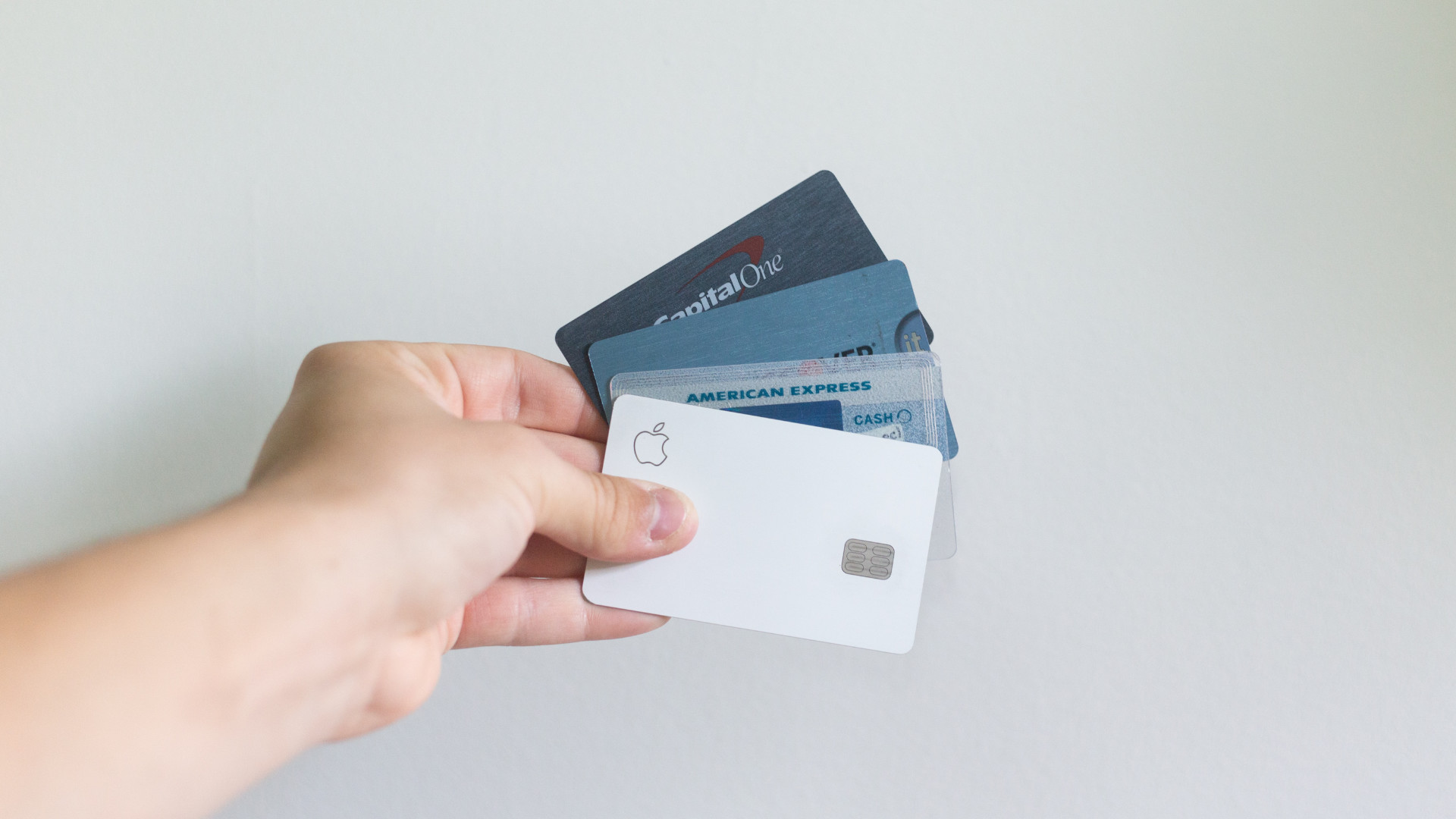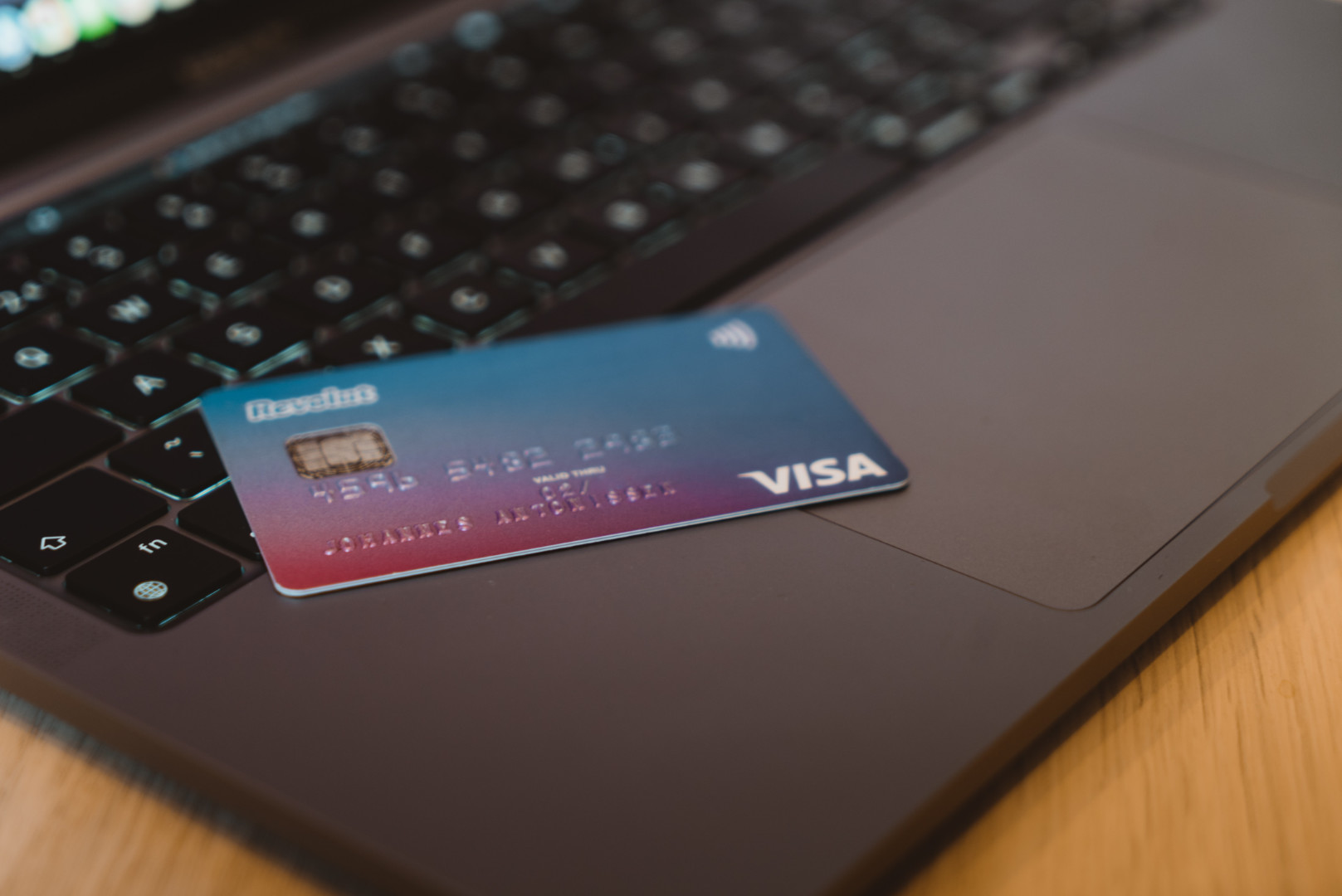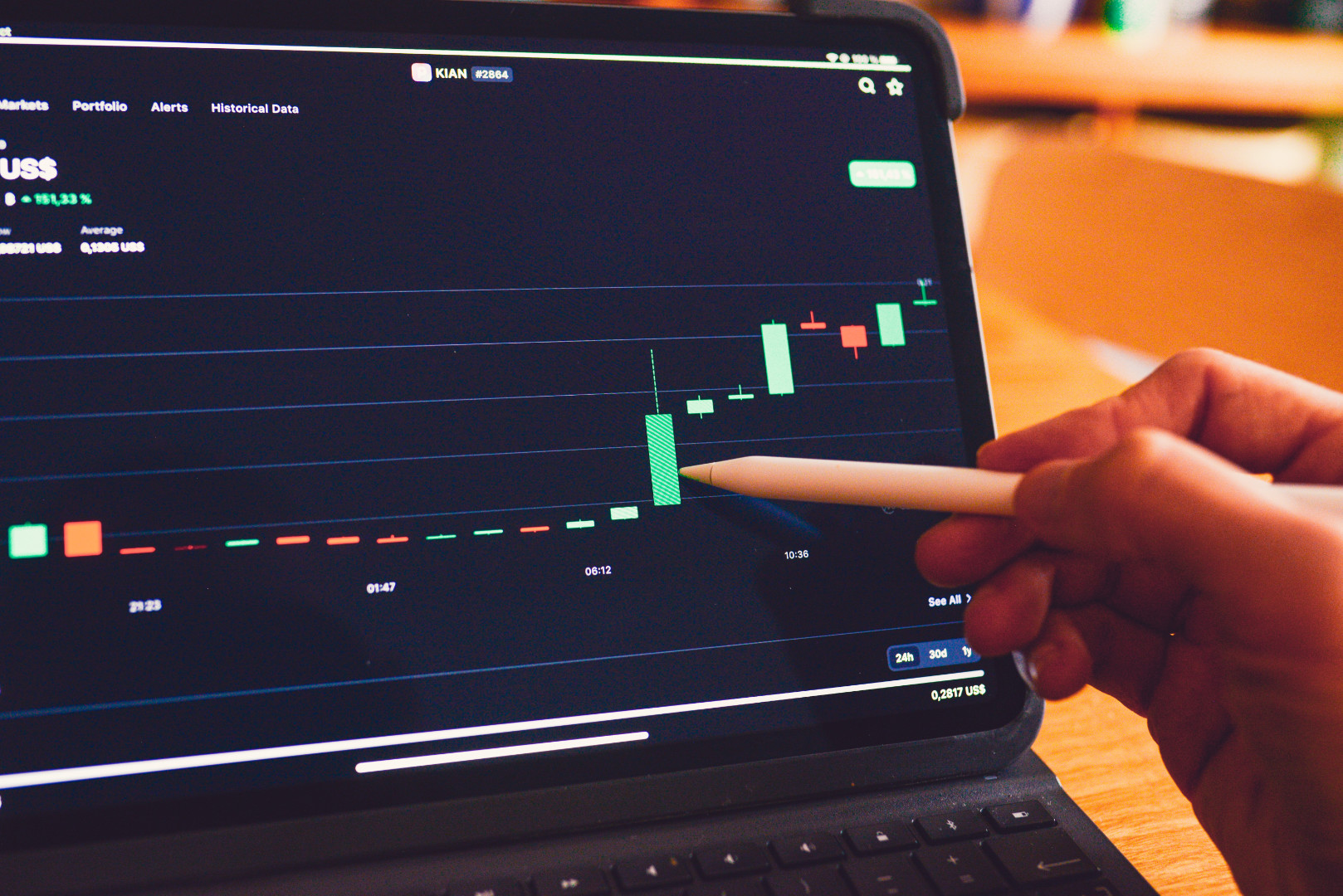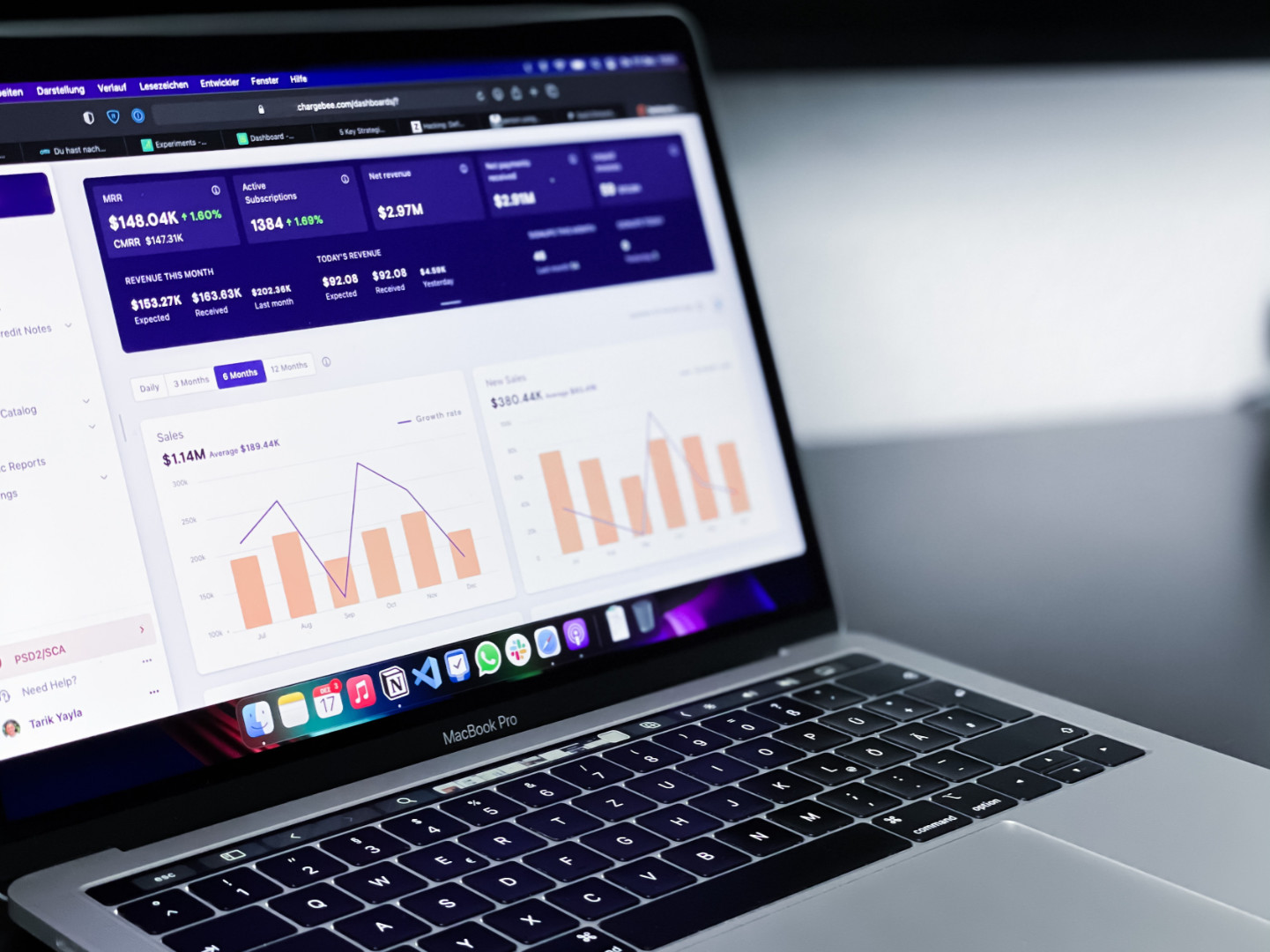Should you apply for a Credit Card?
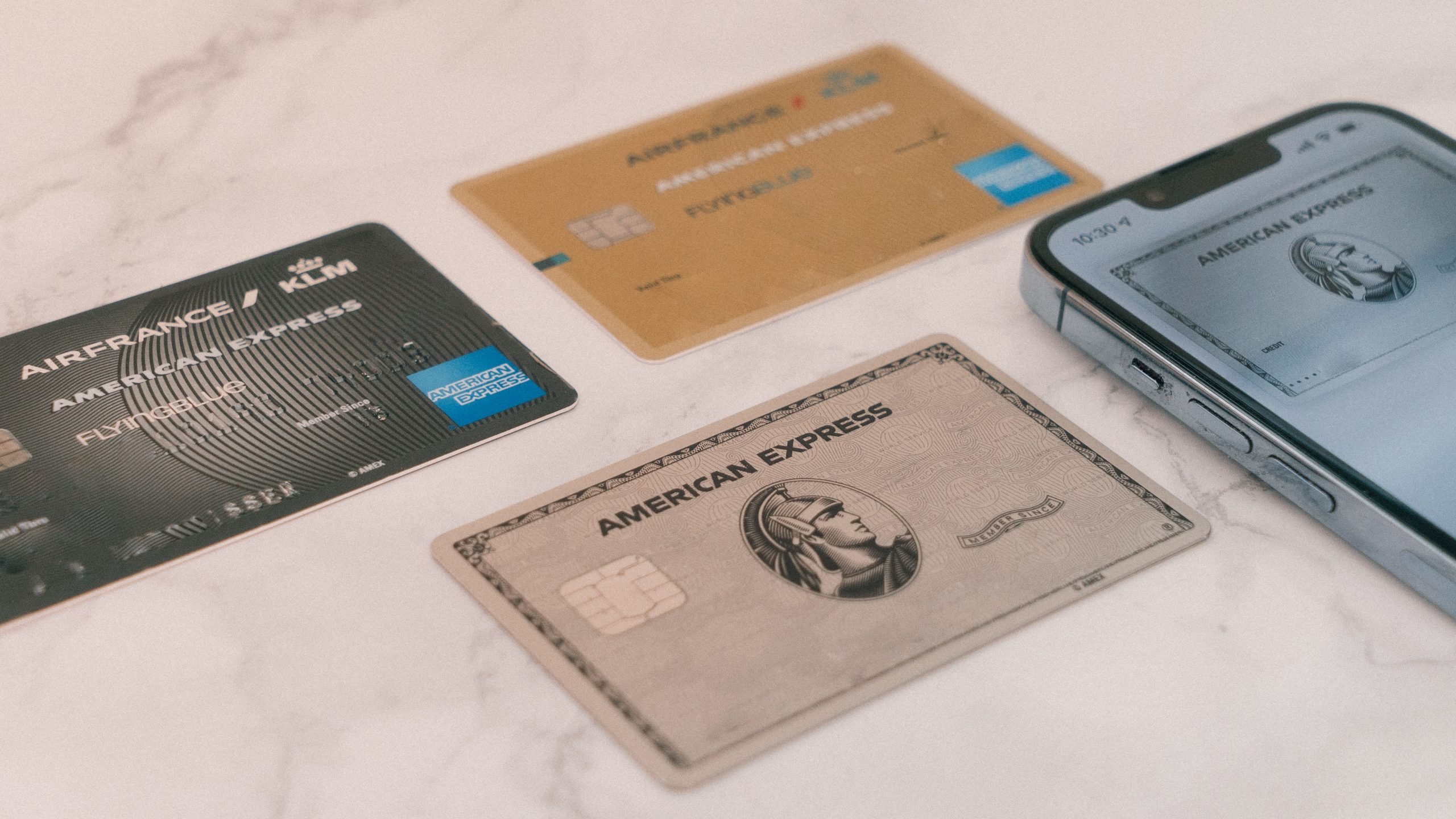
Credits cards are useful whenever you are shopping online or in person. They even offer something called credit card purchase protection which helps against fraud or other problems related to purchases. But does that mean you should get a credit card? After all, impulsive spending habits, increasing interest rates and missing payment dates can mean having a credit card may just cost you more money than you thought.
What is a Credit Card?
Credit cards are offered by banks and other financial companies. Their main purpose is to generate revenue through interest rates imposed on cardholders and by charging sellers a fee for every credit card transaction.
They can be used just like a standard debit card, either online or in person. Wherever you can use a debit card there is a high chance a credit card will be accepted too. This makes a credit card quite versatile and convenient to use when shopping.
Benefits of having a Credit Card
Credit cards are versatile
Credit cards can be used almost anywhere these days, whether that is online or in a shop. If a seller accepts a debit card they will also most likely accept a credit card.
Your money is protected
Whenever you use a credit card you are protected under the credit card purchase protection. Credit card purchase protection covers any purchases made between £100 and £30,000. This means that if there is an issue with the item or service, you can claim a refund. However, please note that ATM withdrawals using a credit card are not eligible for this protection.
We have a guide on credit card purchase protection that has lots of important and useful information about what is and isn’t protected.
Can make big purchases easier to pay
If you are planning on making a large purchase you can use a credit card to spread the cost across multiple monthly payments to help breakdown the large cost into smaller easier to pay chunks. Make sure to make those monthly payments in time, though. Otherwise you may be charged extra fees.
Cashback and other rewards
Many credit card providers offer rewards to new and existing customers to make a credit card more enticing. These offers include cashback added to your account, loyalty points from big named brands, and air miles that can be used towards holidays. There are a wide range of offers available from all sorts of providers so it is worth to browse around before deciding on a specific credit card.
The Downsides of having a Credit Card
Easy to pile up debts
If you have impulsive spending habits you may rack up your credit cards balance and will be charged more interest per month because of it.
Missing payments may incur fees
Whenever you miss a payment your credit card provider may charge extra fees onto your cards balance which will make it harder to pay off every month if you have a monthly payment plan set up. This can cause a negative feedback loop with payments being missed, causing the balance to increase, making it then harder to pay off, repeating every month.
Extra costs when withdrawing from ATMs or using abroad
Your provider may also charge extra whenever you withdraw money from an ATM, or when you use your card abroad in a foreign country. Make sure to check with your provider if you are unsure before using your card and getting a surprise fee added to your total balance.
Tips for using a Credit Card
Only spend what you can afford
If you are unsure whether you can afford to either pay off the full balance of the card or if you aren’t certain you can pay your monthly bill on time, you should reconsider using your credit card. Spending money you can’t afford to spend is one of the fastest ways to rack up credit card debt that may spiral out of your control.
Make consistent payments with a Direct Debit
Setting up a direct debit that pays off a chunk of your cards balance each month is a great way to make consistent payments and in improving your credit score. If you miss a payment your provider may charge extra fees to the total balance making it harder to pay the full balance.
Pay more than the minimum amount
Paying more than the minimum amount required by your provider is another great way to tackle credit card debt. By making sure you pay off a larger chunk of the total balance each payment you ensure that the balance will be paid off much sooner than if you only paid the minimum amount.
For example, paying the minimum required £29 on a £1,000 balance at an interest rate of 22% could take a number of 56 monthly payments, or 5 years. It would also cost an extra £596.56 with added interest alone.
Take advantage of rewards
Many credit card providers also offer enticing rewards systems that should definitely be taken advantage of. These rewards range from cashback that may be used towards paying off your cards balance sooner, loyalty points with famous big brands that could give great savings on your next shop, and air miles or holiday vouchers for your next holiday booking. Taking advantage of these rewards could make the financial burden of paying off a credit card balance a smoother experience.
Should you get a Credit Card?
Credit cards offer many benefits to help you make purchases, such as the ease of breaking down a large purchase into smaller more manageable chunks, offering purchase protection, and more, but they also come with the risk of putting yourself into further financial disaster if you are already struggling.
If you are confident that you can pay for your purchases without facing financial hardship, we recommend browsing through credit card offers and taking advantage of the many rewards. However, if you have impulsive spending habits or are unsure if getting a credit card is a financially wise decision, we recommend avoiding credit cards altogether. We have a great guide on steps you can take if you are struggling to pay for your credit card if you need further help.
